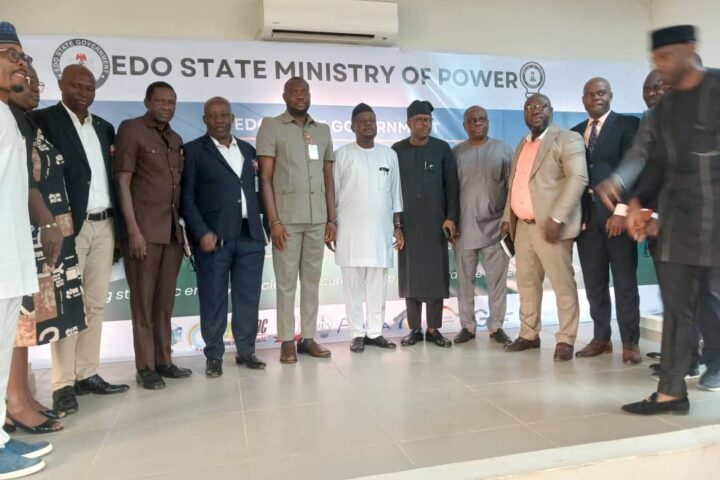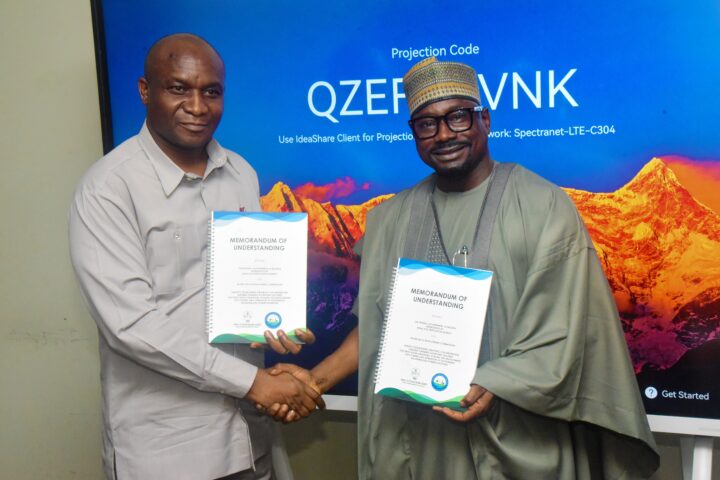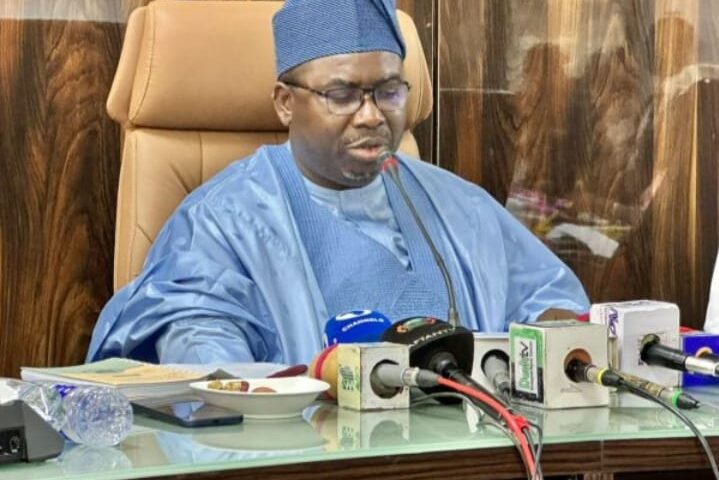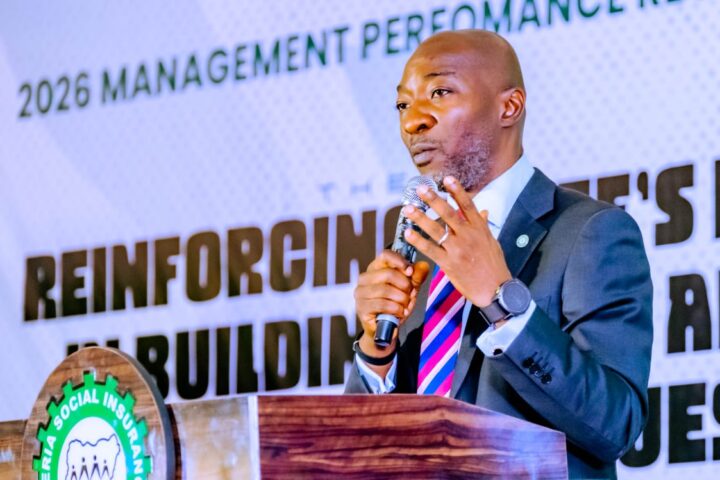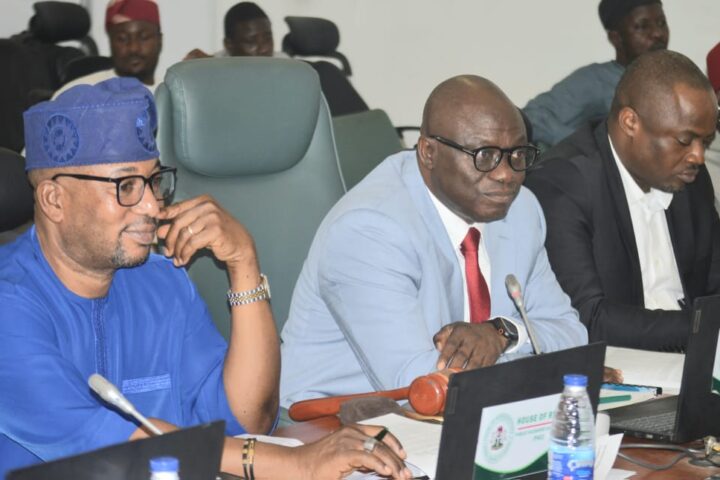Mohammed Shosanya
The Managing Director of PowTechnologies Limited,Goody Duru-Oguzie,says Nigeria needs robust investment in technology to guarantee power grid stability.
He advised that the country should give serious consideration to deploying smart grids by employing the services of competent consultants to undertake the relevant studies needed for effective deployment of digital smart grids.
Digital smart grids will self-monitor and selfheal, minimizing costly outages by diagnosing problems electronically and re-routing power around them,he said.
He added:”The report of the consultants should also include synchronized phasor measurements (synchro phasors) which provide real-time measurement of electrical quantities from across a power system.
“Applications of synchro phasor measurements include system model validation, determining stability margins, maximizing stable system loading, islanding detection, system-wide disturbance recording, and visualization of dynamic system response
“These systems will not listen to witches and wizards in bringing to an end the incidence of frequent grid system collapse in Nigeria”.
According to him,Nigeria should encourage investors to build more power generating plants especially on-grid mix from the non- fossil fuel based systems like biomass, thermal solar and waste-to-power plants within the middle belt and Northern states of the country where huge capital requirement for laying gas pipelines could discourage investors in order to increase supply of reactive power to further guarantee overall national grid stability.
He advised government to provide incentives that will encourage investors to invest in these renewable areas of power development in order to equilibrate the demand for reactive power and ensure power grid stability.
He said:”But by far the best solution lies with constructing pumped storage hydropower plants in close proximity to some of the existing thermal power stations in the southern part of the country where most of the power is generated.
He disclosed that the recent completion and commissioning of the Geregu II Power plant as a progressive development that could appropriately supply the needed reactive power to mitigate tendencies for transmission and distribution grid system failures to ensure power supply reliability to Abuja and its environs.
Speaking on the frequent grid challenges in the country,he said Nigeria is more susceptible to voltage collapses than they were 35 years ago as it increasingly depend on generation sources that are located remotely from load centers as typical of the Nigerian scenario.
He said the major factor that leads to rapid system voltage collapse is attributable to the nature of the loads that are being served by utilities.
He also said:”Many of today’s loads are single-phase small air conditioning motors. This was not the case 35 years ago when air conditioning was not as prevalent. These small motors are prone to stall when subjected to voltage dips caused by transmission system short circuits.
“Investigations conducted over recent global blackouts has indicated that the root cause of almost all of these major power system disturbances is voltage collapse rather than the frequency conditions which were prevalent in the blackouts of the ‘70s.This explains why voltage collapse is today the leading edge indicator of impending power system problems”.



